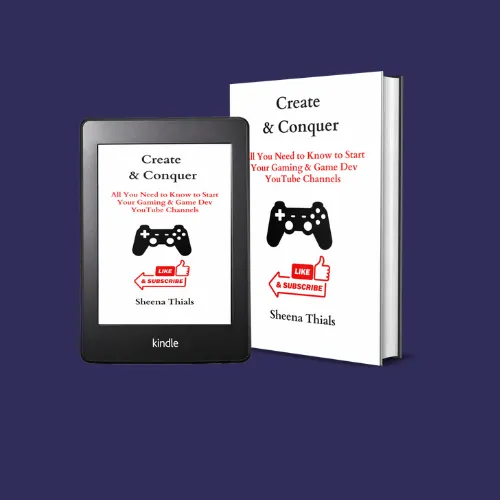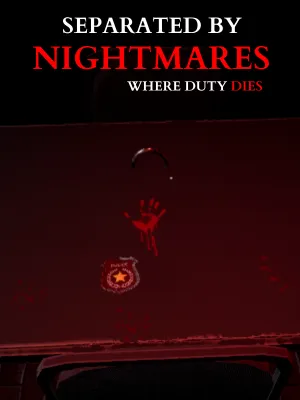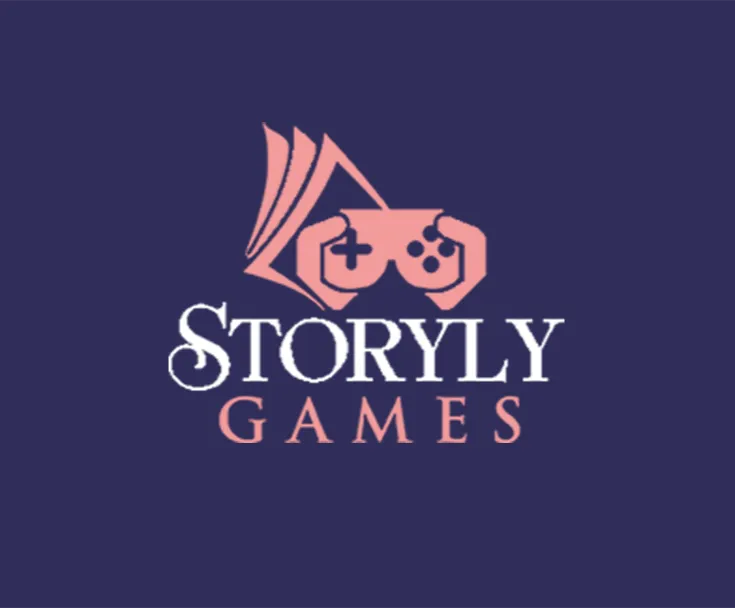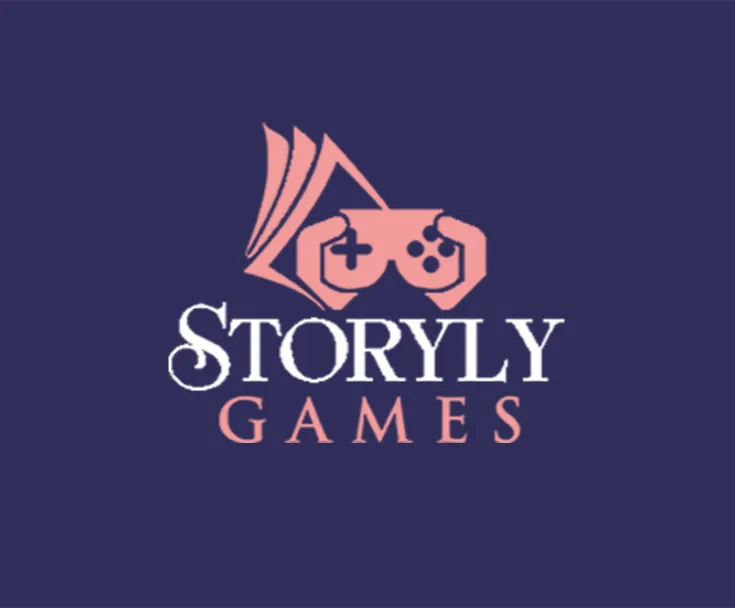Storytelling in Game Development: How I Approach It
Hi everyone! As a fantasy author turned game developer, I've discovered that my experience brings a unique perspective on storytelling in games. I’m what you'd call a "pantser," meaning I don’t meticulously plan every detail before I begin. Instead, my ideas often emerge from those five-second flashes—a moment, a scene that captures my imagination and draws me in.
When I started writing, I didn’t think I could even finish a story, let alone write something I’d be proud of. But as I pieced together those captivating moments, I discovered that allowing the story and characters to evolve led to something truly special. This organic process holds a special place in my heart, as it made me realise that creativity was in me all along.
Why This Matters for Game Development
This flexible approach is incredibly valuable when developing games. If you cling too tightly to a predetermined plot, you might find yourself stuck, especially since game development can be complex and ever-changing. Instead, let your story adapt as you go.
Before diving into your game’s story, it’s essential to consider your capabilities, budget, and situation. If you’re working solo or with a small team, craft a story that fits within those limits. For example, if you're working with a tight budget, consider storytelling methods that are more affordable, like using text-based letters, simple black screens, or voice narration. You can find affordable voice actors on Fiverr, or you could even record yourself with a decent mic—trust me, they don’t have to be expensive!
My Current Project: Separated by Nightmares
Let’s take a look at my own project, Separated by Nightmares: Where Duty Dies. It’s part of a psychological horror series where most games can be played as standalones, except for the first and last. Each game focuses on a different character and story, but there's an underlying thread connecting them all, which I'll fully reveal in the final story arc.
Since I’m new to game development, I’m keeping things simple, focusing on storytelling methods I know I can manage, like using letters and internal dialogues. For instance, in the sequel I’m working on, the story revolves around a character grieving a lost loved one, isolating herself in a forest to escape her pain. There’s an unseen influence tying into a bigger picture, but I’m saving that reveal for the final game.
Developing Your Game Story
When you’re developing your story, start with the assets you have or plan to acquire. Think about your genre, environment, and the mechanics you can implement. For example, if you’re creating a haunted house, ask yourself questions like: What happened here? Who or what is haunting this place? Why is the character here? Answering these questions based on your environment can help shape your story within your capabilities.
Structuring Your Game Story
You don’t need to follow a rigid storytelling framework, but the three-act structure can be a helpful guide. It’s straightforward—beginning, middle, and end—and serves as a strong foundation. In the first few minutes of your game, show your character’s normal life before something happens that shakes their world (the catalyst). As the game progresses, the character should grow and change because of the experiences they go through.
If you’re interested, I’ve created a free downloadable planner for the six-act structure! You can access it by subscribing to my newsletter (details are in the description), and you’re welcome to unsubscribe if it’s not for you—I’m totally okay with that.
My Free Six Act Planner
By the way, I’ve created a checklist for publishing your game!
it's completely free if you sign up for my newsletter. If you’re only interested in the guide and want to unsubscribe later, that’s absolutely fine! But if you decide to stick around, you’ll get more tips and insights from me. You can download it here: Free Game Publishing checklist.
Final Thoughts
In the future, I plan to dive deeper into storytelling for game development, maybe even creating a course or book. But right now, I'm busy working on two games and writing another novel,
Worlds Beneath the Shadows. Once I’ve published these projects and gathered feedback, I’ll be in a better position to provide more comprehensive advice.
For now, start with what you have. Build your story around your assets, mechanics, and capabilities. Focus on those key moments that you believe will resonate with players. Remember, even a simple structure with a beginning, middle, and end can be incredibly powerful.
Interested in Starting Your Own YouTube Channel?
I’ve also written a short book on how to set up your YouTube channel, focusing on gaming and game development. If you're interested, you can find the book in the description below or check it out here:

How You Can Support My Journey
Finally, if you’re curious about my game, Separated by Nightmares: Where Duty Dies I’d love your support! Please wishlist it on Steam – it would mean the world to me, especially come launch day.

You can check it out here: Wishlist My Game
Thank you for reading, and I'll see you in my next post!


